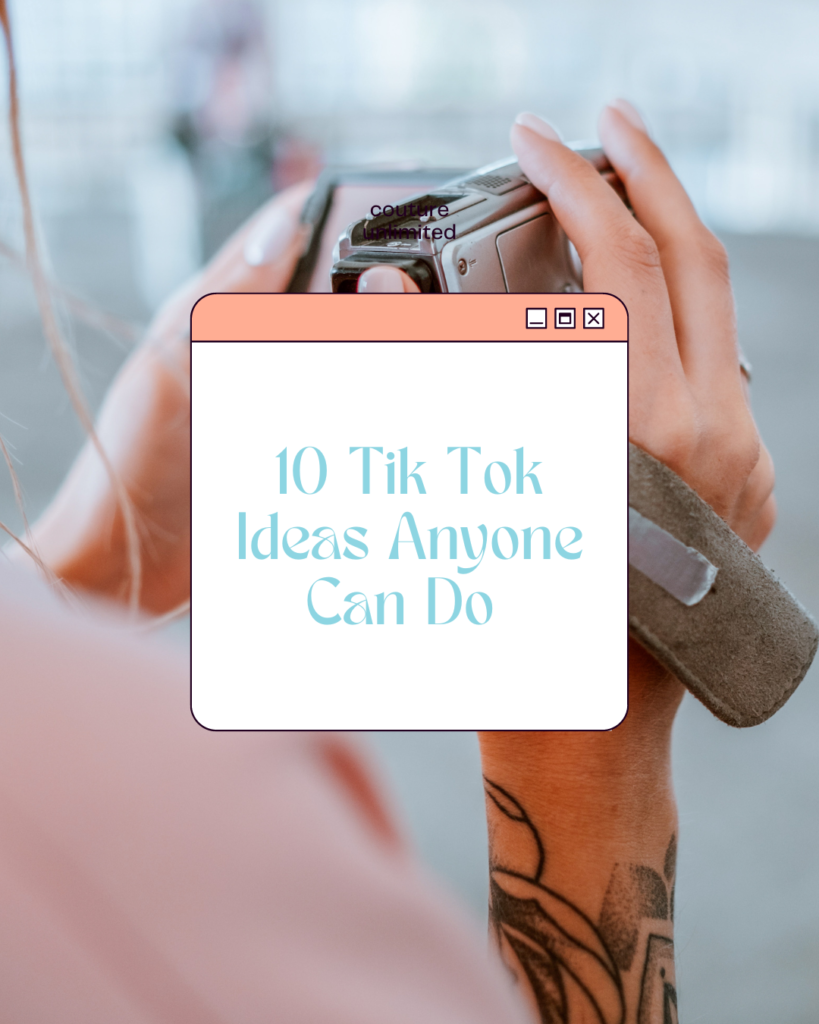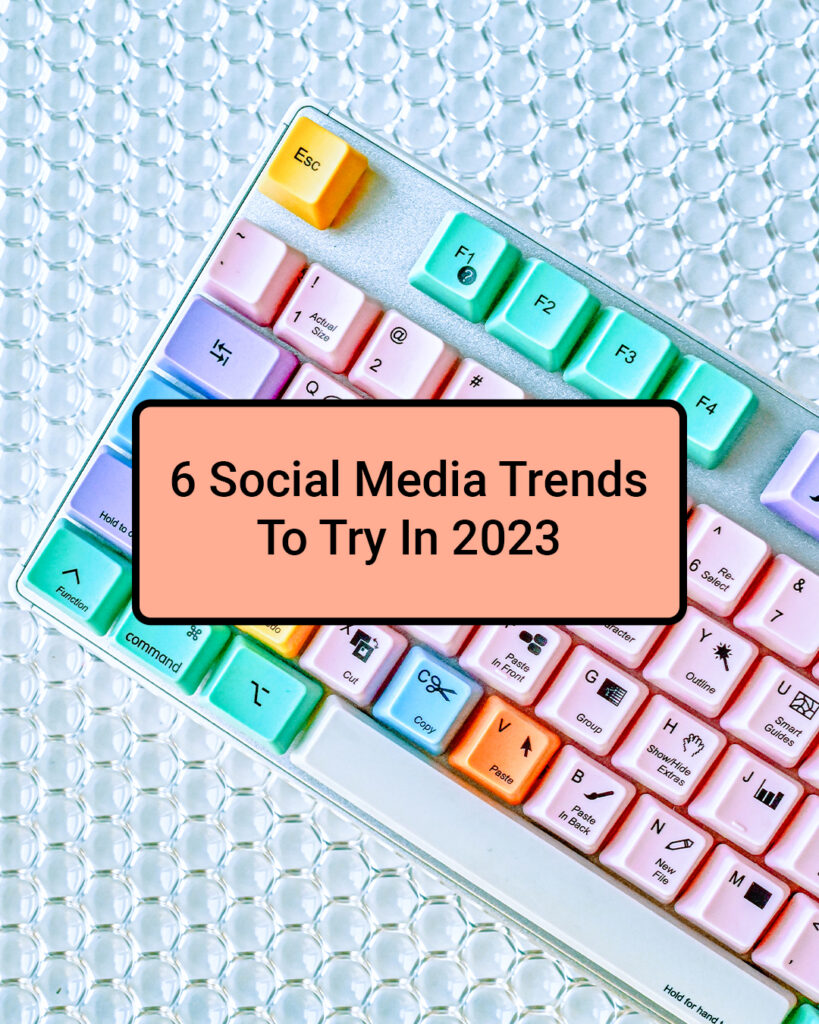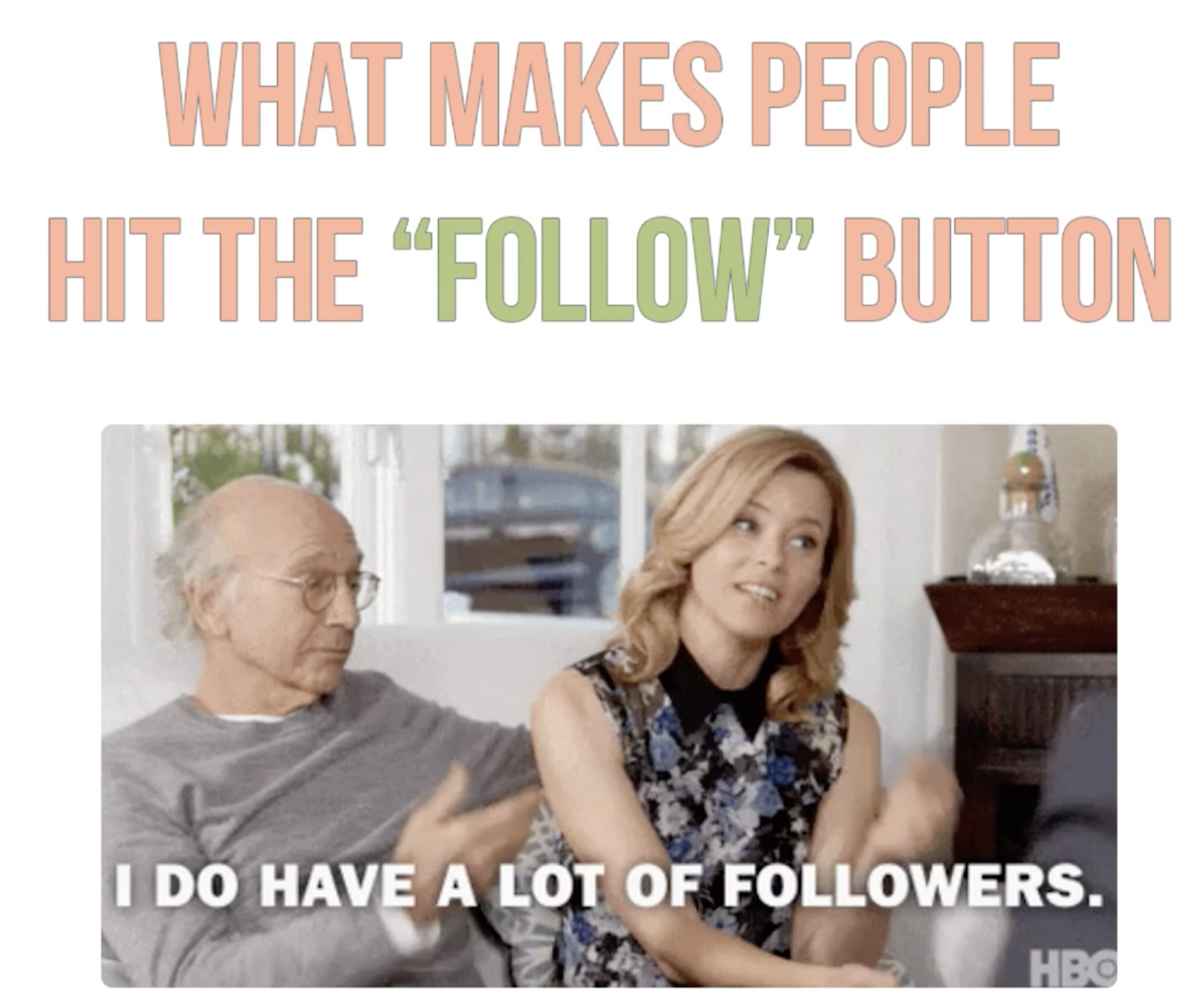 If your business is on Facebook or Twitter, there’s a good chance that you’re going to experience the complete headache that is a troll. Maybe not today, maybe not tomorrow, but soon and for the rest of your life.
If your business is on Facebook or Twitter, there’s a good chance that you’re going to experience the complete headache that is a troll. Maybe not today, maybe not tomorrow, but soon and for the rest of your life.
First things first: What is a troll?
“Troll: One who posts a deliberately provocative message to a newsgroup or message board with the intention of causing maximum disruption and argument.” – UrbanDictionary

The difference between a troll and an actual customer/fan/follower with asshole tendencies is this: trolls exist solely to be jerks. Their Twitter timeline/Facebook profile is virtually void of any personal information or dialogue, and is full of @s to notable celebrities or major companies with comments that skirt the line of sheer lunacy.
You are able to delete comments from users who abuse/offend/just plain irritate you on your Facebook page, but it’s important to note that deleting inflammatory comments only works with trolls and, even then, the best move is to block that user entirely. Trolls don’t care about being blocked, but customers do. You must be absolutely sure that the person is, indeed, a troll. Deleting angry customer comments will only fuel the fury of their complaints, and it’s just a really bad move from a customer service standpoint. Pick your battles, friends!
Trolls, unlike concerned customers, don’t exist to stir up healthy debate or prove a point. They don’t respond well to thoughtful, articulate responses and they abhor logic. The only thing they really want to do is get your attention and provoke you.
The key to responding to these trolls is simple: DON’T.

Allow me to explain: Just DON’T respond to them.
It’s one thing if a customer/client/fan/groupie has a genuine concern, then by all means! Go by the standard you would use as if you were talking to these people in person; use their name often, be placating, be direct (and if possible, direct message them to get a better idea of whether you can help them and to find out more details). But when you are dealing with a troll, this doesn’t work. The troll doesn’t want help. It doesn’t want to talk about its feelings or its residual anger from when its parents divorced as a child. It wants to hate on you and know that, even on an incredibly low level, it got to you.
 So don’t respond to it. Let it keep tap-tap-tapping on your chamber door. Don’t take its insults or fury personally, no matter how low the blows. And if the troll starts to become threatening, simply block it and report it to Twitter or Facebook.
So don’t respond to it. Let it keep tap-tap-tapping on your chamber door. Don’t take its insults or fury personally, no matter how low the blows. And if the troll starts to become threatening, simply block it and report it to Twitter or Facebook.
The most important thing to note about the Internet is that, no matter how great you are and how much good you do, haters gonna hate. You just gotta keep doing you, booboo.
They climbin’ in your social mediaz, snatching your tweets up, tryin’ to hate ya – so you need to hide your kids, hide your wife! And most importantly, DON’T RESPOND TO THEM ‘CAUSE THEY HATIN’ ERR’BODY OUT HERE.





